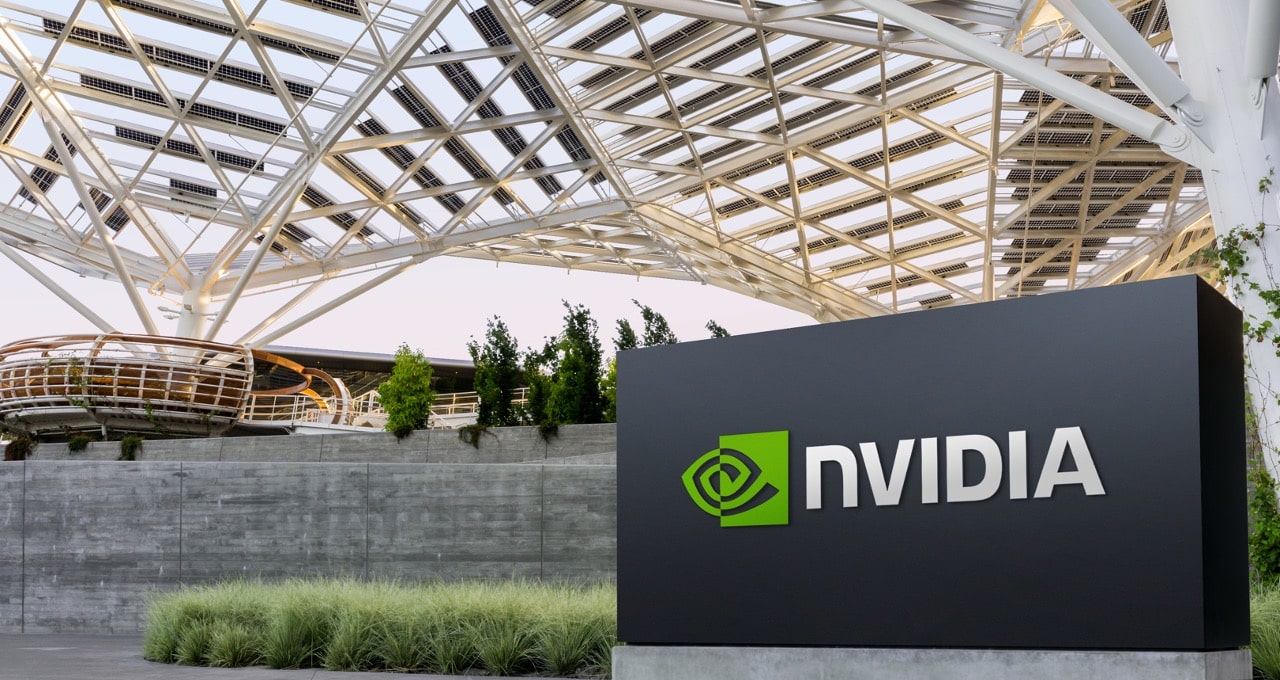Nvidia is developing new China-only accelerators based on its Blackwell architecture, designed to stay within U.S. export restrictions while offering higher performance than the company’s current H20 model, according to people familiar with the matter cited by Reuters. The move highlights the growing role of artificial intelligence hardware as a focal point in U.S.–China technology relations.
The lineup is expected to include multiple models. A single-die chip, tentatively named B30A, is reported to deliver around half the computing power of the dual-die B300 while retaining high-bandwidth memory and the NVLink interconnect. Test samples could reach Chinese customers as early as September, pending regulatory approval. Another product, the RTX 6000D, is aimed at inference workloads and professional graphics applications.
Technical specifications appear tailored to U.S. rules. Reuters reported that the RTX 6000D will use conventional GDDR memory and achieve 1,398 GB/s of bandwidth, just below the 1.4 TB threshold set in April, while the B30A’s design naturally limits throughput compared with the B300. Initial shipments of the RTX 6000D to selected Chinese clients are also expected in September.
The product development comes as political debate in Washington continues. Former President Donald Trump has suggested allowing scaled-down advanced chips for China and imposing a 15% levy on revenue from China-origin chip sales by Nvidia and AMD. Lawmakers have cautioned that even restricted accelerators could narrow the U.S. advantage in AI hardware.
Nvidia maintains that retaining Chinese developers in its ecosystem is critical to preventing a shift toward domestic suppliers. Huawei has advanced in chip design, with some models nearing Nvidia’s performance levels, though analysts note differences in software support and memory performance. At the same time, Chinese authorities have raised concerns over Nvidia’s hardware, advising firms against purchasing the H20 earlier this year.
The company has said it continuously adjusts products “to be prepared to compete to the extent that governments allow” and that its offerings ship with full regulatory approval for “beneficial commercial use.” Nvidia resumed H20 sales in July following a pause in April. China contributed about 13% of Nvidia’s revenue in its last fiscal year, underscoring the market’s significance.
